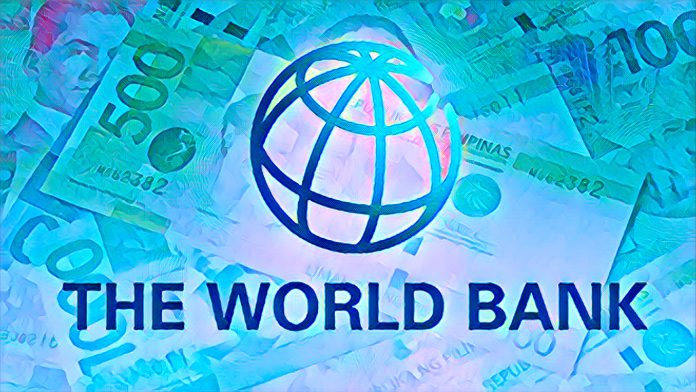KEY POINTS
- $500 million approved for Nigeria’s economic resilience program, targeting food security and grants for vulnerable households.
- Two additional loans ($632M combined) expected for nutrition and education projects, pending final approval.
- Concerns linger over slow disbursement of funds, with only 16% of previously approved loans released as of mid-2024.
The World Bank has approved a $500 million loan to Nigeria to support the Community Action for Resilience and Economic Stimulus Program (CARES), aimed at alleviating economic hardships and strengthening vulnerable communities.
The approval, finalised on March 28, 2025, will expand access to livelihood support, food security services, and grants for poor households and small businesses.
“This funding is a critical step in addressing Nigeria’s pressing economic challenges, particularly inflation and rising living costs,” a World Bank representative stated.
According to Nairametrics, the program will prioritize grassroots economic stimulation, offering direct financial assistance to those most affected by recent economic downturns.
Two more loans set for approval this week from World Bank
In addition to the $500 million loan, the World Bank is expected to approve two more financing packages for Nigeria this week:
A total of $80 million has been allocated to the Accelerating Nutrition Results initiative, which is aimed at improving child and maternal health outcomes.
In addition, $552 million has been dedicated to the Quality Basic Education program, with a focus on enhancing access to education, particularly in underserved regions.
Both loans are in the final negotiation stages and are anticipated to receive formal approval by March 31, 2025. “These projects align with Nigeria’s broader development goals, ensuring long-term growth in key sectors,” a government official noted.



